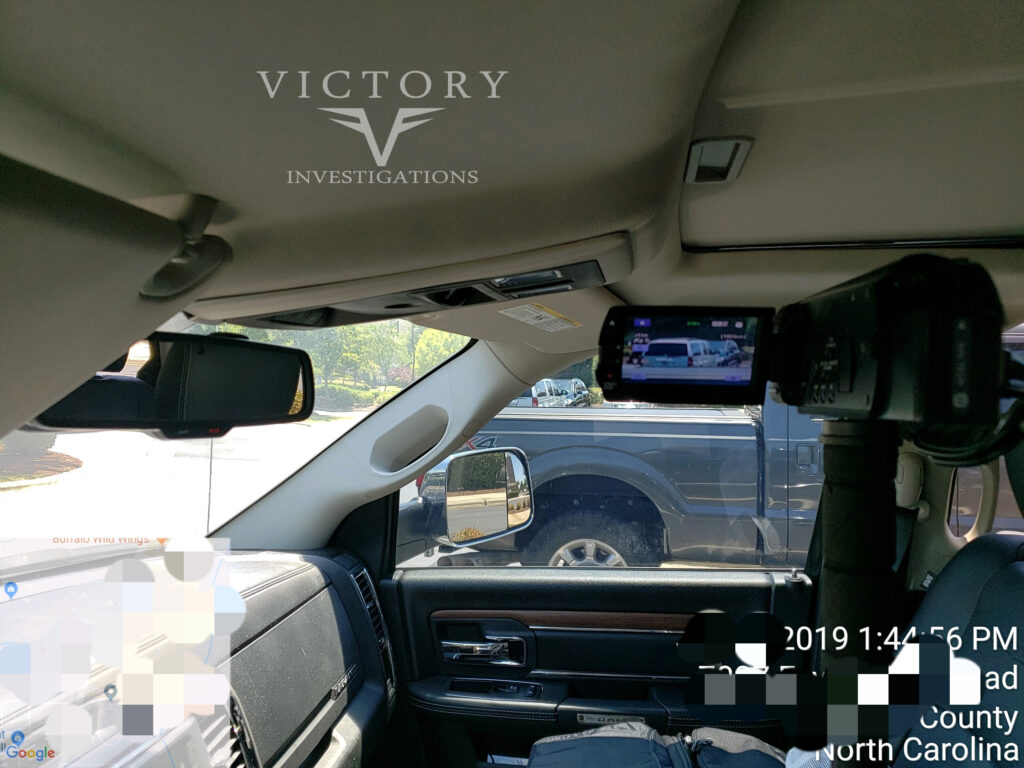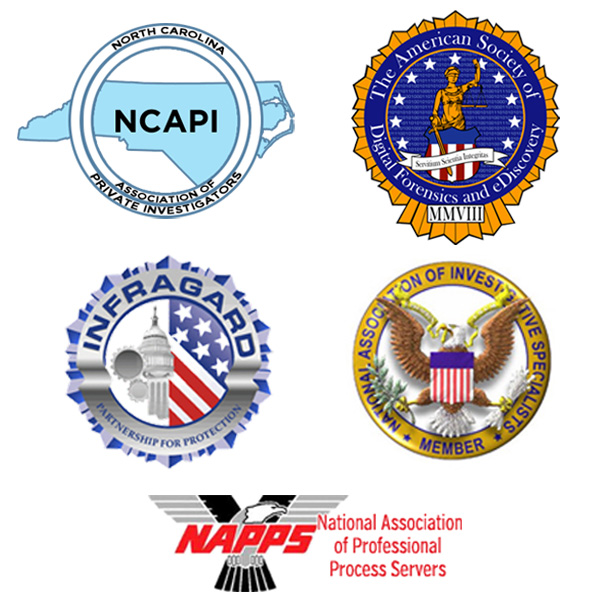How do private investigators conduct surveillance?

Private investigators conduct surveillance by using various techniques and strategies to gather information discreetly. When hiring a private investigator for a case such as suspected infidelity, the pi will often use a combination of physical and digital surveillance tactics. This may include mobile surveillance where the investigator stakes out at a suspect’s location or passive surveillance using specialized equipment. The investigator must approach surveillance operation with caution and professionalism to obtain the best results.
Private investigators must be well-versed in different types of surveillance and expert surveillance techniques to effectively gather evidence. Experienced private detectives working for a private investigation firm may utilize advanced surveillance equipment and technology to track a subject’s movements and activities.
Types of Surveillance
Surveillance is one of the key techniques used by private investigators to develop information on individuals or groups. There are various approaches to surveillance, including physical surveillance and technical surveillance. Physical surveillance depicts private investigators trespassing to capture footage or gather evidence. On the other hand, technical surveillance involves the use of electronic devices such as hidden cameras and GPS trackers. The best surveillance techniques for private investigators depend on the specific situation at hand, with vehicle surveillance being a common tactic utilized in surveillance services. Private investigators do surveillance in a discreet manner to gather information for their clients, always aiming to stay within legal boundaries.
Top Surveillance Techniques Used By Private Investigators
Physical surveillance
can be broken into several segments. Mobile, static, and remote are a few types. Most commonly, physical surveillance is often used when investigators need to follow a target in person and gather evidence through observation. This may involve following someone on foot or in a vehicle to document their activities and interactions. Physical surveillance can be risky as it requires investigators to remain inconspicuous and avoid detection by the target. However, it can provide valuable information that may not be captured through other means.
Technical surveillance
on the other hand, involves the use of electronic devices to monitor a target’s activities. This may include installing hidden cameras in a target’s home or vehicle, tracking their movements using GPS devices, or monitoring their phone calls and online communications. Technical surveillance can be a highly effective tool for gathering evidence, but it also raises legal and ethical concerns about invasion of privacy.
Vehicle surveillance
is a common tactic used by private investigators to track a target’s movements. This may involve following a target in a vehicle, monitoring their activities at a distance, or tracking their movements using GPS technology. Using GPS trackers (where legal) is a key vehicle surveillance technique. It can be a valuable tool for gathering evidence in cases involving infidelity, fraud, theft or other types of misconduct.
The best surveillance techniques for private investigators really depend on the specific circumstances of each case. By using a combination of physical surveillance, technical surveillance, and other tactics, private investigators can gather the information their clients need to make informed decisions. It is essential for private investigators to conduct surveillance in a legal and ethical manner to protect the rights and privacy of all parties involved.
Top Tips For When Private Investigators Do Surveillance in the Field
Learn to blend in or “Hide in Plaint Sight”
Private investigators have the same rights as anyone else when it comes to public spaces. However, they must adhere to the law and are not permitted to trespass on private property or unlawfully access buildings, devices, or storage areas without proper authorization. Despite what Hollywood might show, real private investigators do not engage in trespassing or breaking into private property. Such actions are not only illegal but also contradict the ethical standards of the profession.
Use online resources to start
Private investigators should use online public resources to start their investigations. Social media, forums, and data aggregation sites can provide excellent nuggets of intel on the subjects of the investigation. In addition, most pi’s also have access to paid databases, which can have more detailed and accurate information than what’s readily available to the general public. Starting online is a fantastic way for the investigator to brief themselves on the habits, whereabouts, physical characteristics, and much more of the subjects.
Avoid making eye contact
This goes hand-in-hand with blending in. This is particularly important when observing your subject in a restaurant or bar or within a small area like a store. Since COVID, people have become more alert and aware of their surroundings. Trust has diminished, so being unnoticed has become more difficult, but a good private investigator should learn to be as discreet as possible for an effective surveillance.
Be prepared for the subject’s next move – Chess not Checkers
Anticipating your next move(s), based on what the subject may do is a game of strategy. Seasoned private detectives understand the importance of this technique and goes along with our next bullet point – Don’t get to close. Being able to respond to a subject’s moves is key. Will they turn left? If so, what’s my best lane options without drawing attention to myself? If they go through this light and it starts to change, can I make it through? Is there a car between us that may stop at the yellow? There are too many scenarios to cover, but you get the point.
Don’t get too close
But also don’t let your subject too far out of sight either. This is a delicate balance, but one that must be mastered in order to be a great private detective. Getting too close may draw attention to yourself, but putting too much distance between you and your subject may also cause you to lose them. This is particularly true in rush-hour traffic or congested areas. Utilizing one of the best surveillance vehicles is an important aspect of this technique.
Have a cover story
Private investigators are confronted often. It can be a nosy neighbor or even the subject themselves. Having an alibi or a good cover story for why you are where you are and who you are is your best weapon in these situations. Props, disguises, changes of clothes, or just adding a hat to your attire can be enough to make you seem like a different person than they thought they saw three other times. Dog leashes, car magnets signs, clipboards, etc. are props that can be used to throw the inquisitive person off. Never tell them the real reason you’re there. And if they call the police and depending on your state’s laws, you still may not have to tell law enforcement your true purpose for being there. North Carolina is a state where pi’s do not have to divulge their true purpose for being where they are.
Document and video EVERYTHING
It is crucial for your case and for your protection to document everything while on a job. You never know what might be important and you never know when you’ll be accused of something that you did not do. I know this seems like a no-brainer, but private investigators can get overwhelmed and forget this important step. You can never document too much. Get it all and just cut out what is unnecessary when reporting time comes.
Passive Surveillance
Passive surveillance can be just monitoring the GPS tracker or even deploying a passive GPS tracker or logger. This provides a wealth of information like the subject’s most common places visited, routes, speeds, and more. Monitoring social media and gathering open source intelligence can also provide a treasure trove of information.
Surveillance Equipment
We’ve mentioned a number of tools and equipment of the top private investigators in this article. I have listed them and few more below:
- GPS Trackers
- HD video camera (camcorder style with great zoom and night enhancement)
- Various styles of audio recorders – be aware of the laws in your state regarding audio recording
- Binoculars
- Tinted windows
- Blackout curtains
- Tripod and monopod
- Notepad or legal pad
- Change of clothes and a couple of hats
- Flashlights of various types
- Night vision (not totally necessary, but I have found it to be an excellent investment and particularly useful)
- Great surveillance vehicle
- Cell phone (duh)
- Covert cameras of different styles (i.e. key fob, black box, cell phone, pen, etc.)
- Props
- Batteries, charging cords, SD cards, and other accessories
- Common sense and a sense of awareness





Speak Your Mind